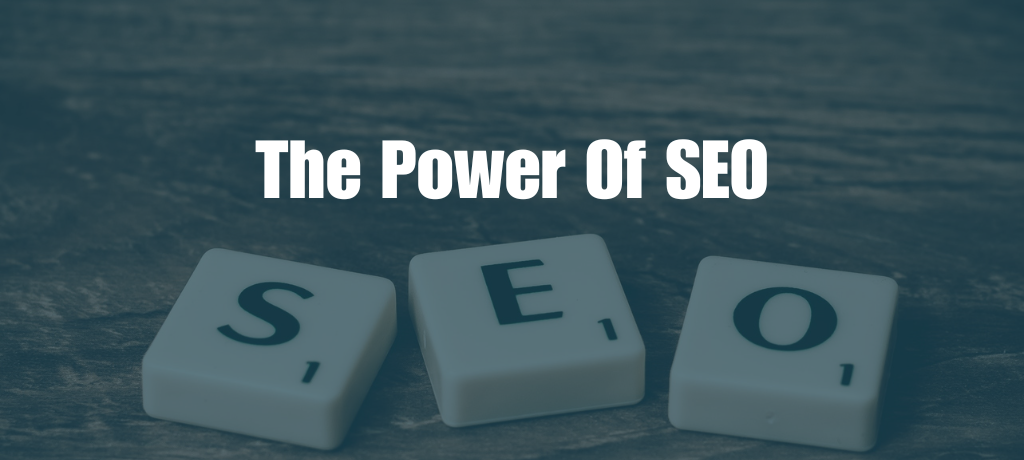
Depending on search engines have become a part of our everyday lives. Realistically, how many times do you use Google each week? From looking up directions, the best coffee shop nearby or to answers to your kids’ homework, people research so much online that “googling” has essentially become a verb.
The vast majority looking for answers via a search engine stick to the first page of results to find their answer. And 75 percent either click on the first one or two results, scan page one looking for the most relevant answer to their query or visit multiple results from page one, but rarely go to page 2 or 3, even though millions of results may be found.
Now when marketing your business, how do you get your website to rank higher in search results so your link will be most readily found online and potentially clicked more? Through Search Engine Optimization, or SEO, a practice of optimizing your web pages to improve the rankings in the organic search results, leading to more clicks to your website.
Why is SEO important?
Search engines are often the biggest source of traffic for most websites, but how do search engines decide which results should be displayed, and in what order? Google, Yahoo, Bing, and other search engines use advanced algorithms to understand and rank pages appropriately in those search results. When you type in a question or phrase in a search engine, it looks through all of the pages it stores and tries to show you the most relevant results through its custom algorithm. It chooses the best results based on factors such as:
- Relevancy – Is the content of the website closely related to your keywords?
- Authority – The search engine determines if the website’s content is accurate and trustworthy. How does Google know if a page is authoritative? They look at the page speed, title tags, social signals, internal linking, backlinks, and so on.
- Usefulness – How users have interacted with the search results in the past. Did they stay on the page for long or move on quickly?
However, those algorithms aren’t perfect — they still need your help to understand what your content is about. If your content isn’t optimized, then search engines won’t know how to rank it. Meaning, when people search for the topics you write about or offer, your website won’t appear in the search results, and you’ll miss out on all that traffic.
Imagine you run a car dealership. You offer new and used SUVs to the greater New Orleans area.
You also have headlines on your website along with blog content about how SUVs are the best vehicles. With good SEO practices, a person searching a phrase like “Used SUV New Orleans” might have a better chance of finding your website—and therefore, your brand.
That’s the power of SEO.
Here are a few tips to consider when optimizing your website for SEO to make it more discoverable:
- Understand your audience and how they use your current website. Where is your traffic coming from? Are there any patterns to which links are most utilized? Can you build more links to test new streams of inbound traffic?
- Conduct thorough keyword research. Find keywords related to your business and industry. Think about why your potential customers would search for a particular keyword and what they would hope to find on a page about it. There are a ton of keyword research tools (both free and paid) that you can use to find the most relevant terms and phrases being searched for today.
- Optimize on-page SEO. Use your primary keyword in your headline, preferably as close to the beginning as possible. Sprinkle your primary and related keywords throughout your body copy, sub headlines, and image alt text. A great activity is to create blogs around those keywords. Search engines love relevant, fresh content.
- Optimize Off-page SEO via external means. Guest blogging, social media activity, influencer marketing, brand mention and other links to your site from other sites can all improve your site’s SEO.
- Double-check that your website is mobile-friendly, and that the page load speed is fast. Search engines look for specifics such as these.
In short, SEO is significant because it makes your website more visible, and that means more traffic and more opportunities to convert prospects into customers. It is considered a “new age” marketing technique, but it’s critical to a brand’s web presence in this day and age. To chat more about your overall media strategy and how to stay competitive in a digital world, contact Morgan & Co. We connect brands with the people who matter the most.
